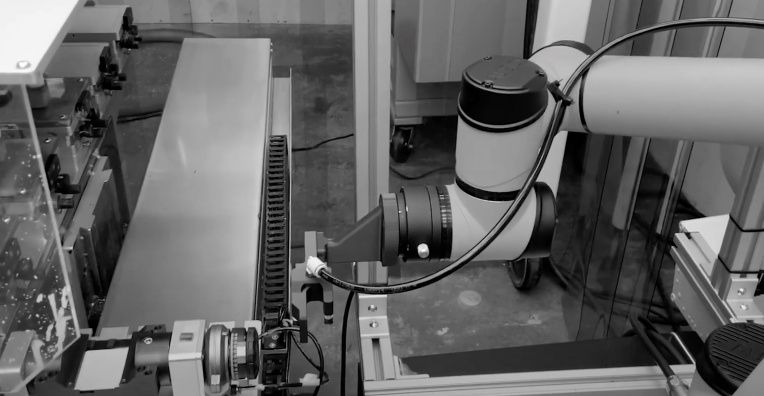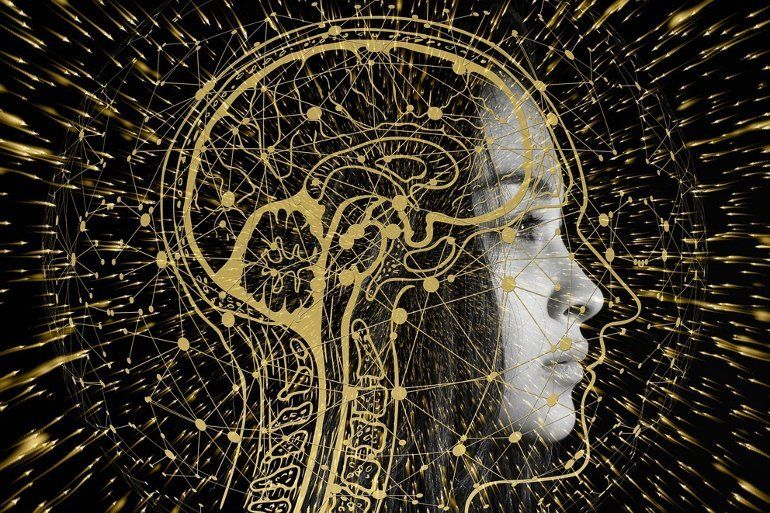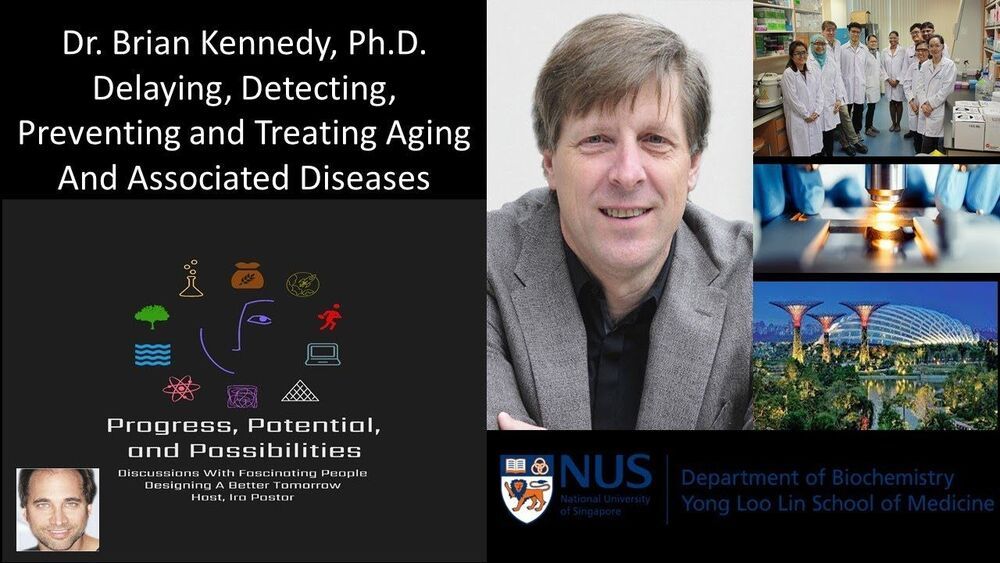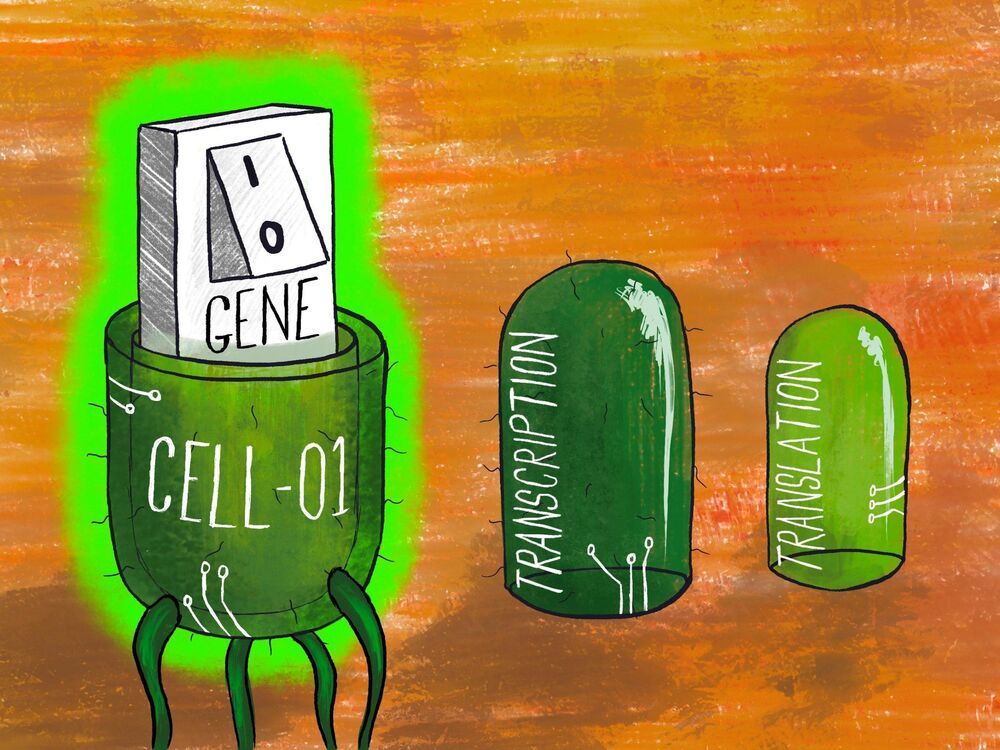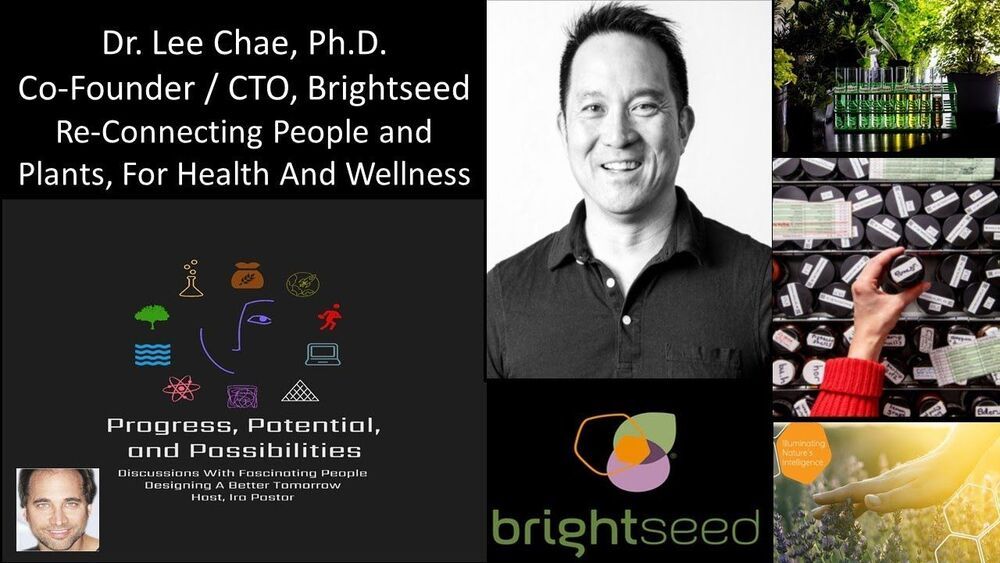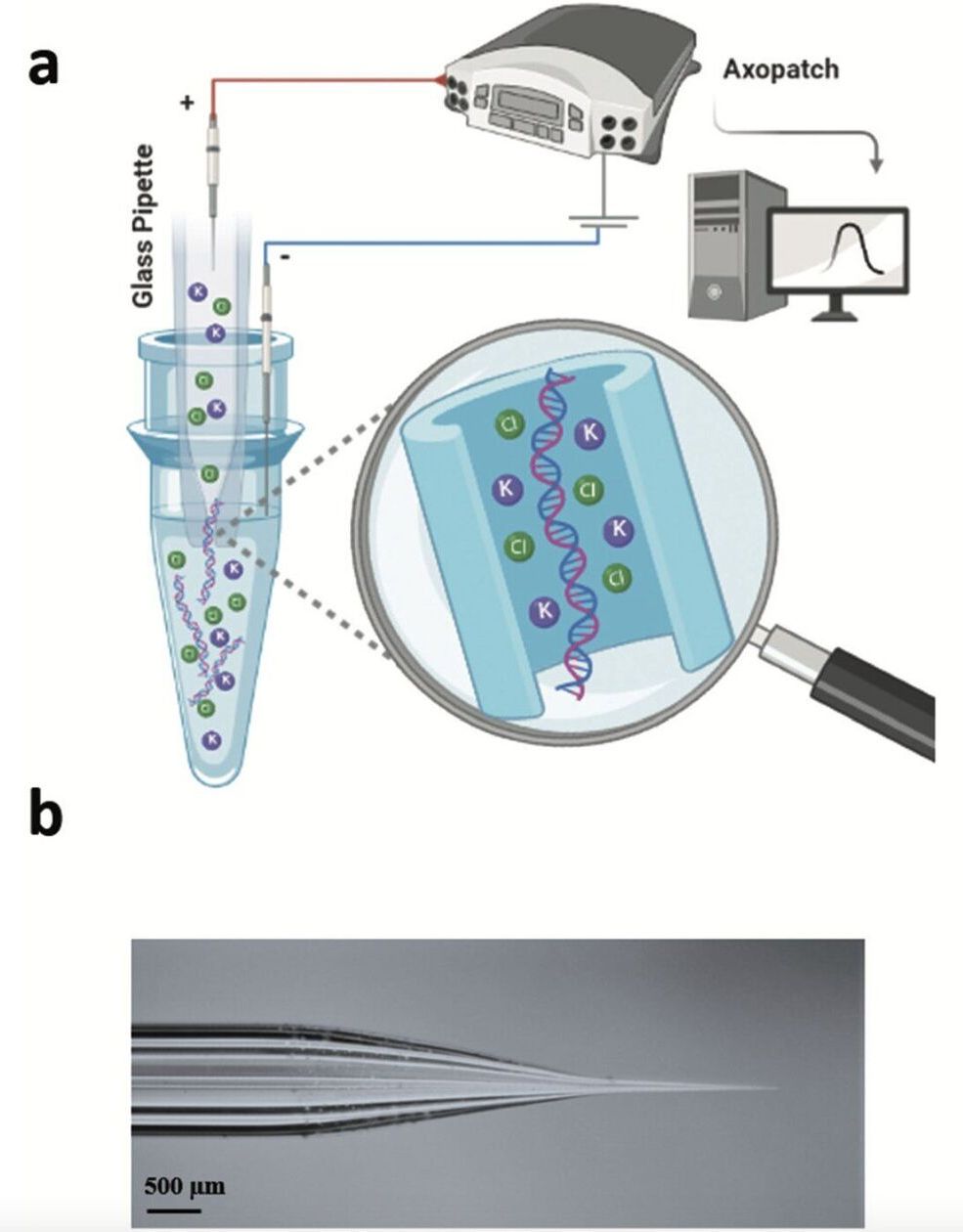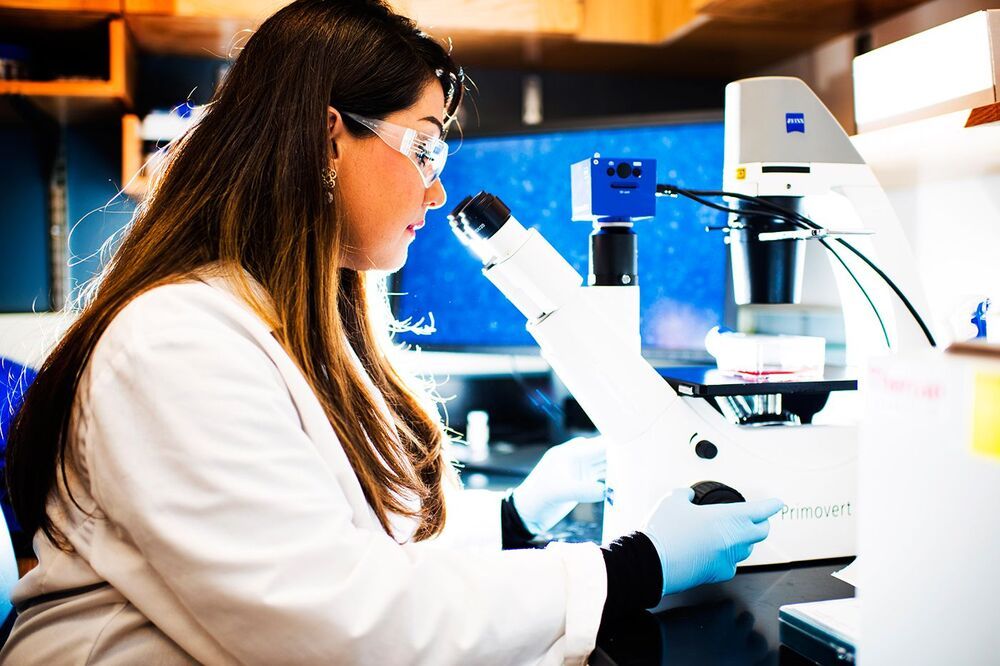Apr 7, 2021
Rapid raises $12M for its manufacturing robotics
Posted by Genevieve Klien in categories: biotech/medical, employment, robotics/AI
Bay Area-based Rapid Robotics today announced a $12 million Series A. The new round, led by NEA, brings the company’s total funding up to $17.5 million. It joins a recently closed seed round, announced way back in November of last year. Existing investors Greycroft, Bee Partners and 468 Capital also took part in the round.
We noted at that stage that COVID-19 had a sizable impact on robotics investment. At the very least, the pandemic has served to accelerate interest in automation, as many “non-essential” workers have been unable to travel to their jobs. At present, manufacturing jobs often lack the ability to perform remotely.
Rapid notes that the company’s tech has been involved with the production of some 50 million parts over the past year, over a wide variety of different manufacturing verticals. And, like his predecessor, President Biden has already begun talking up strategies to return manufacturing jobs to the U.S. Of course, ambitious as it might be, any plan is going to have to be a balancing act between human jobs and automation.
